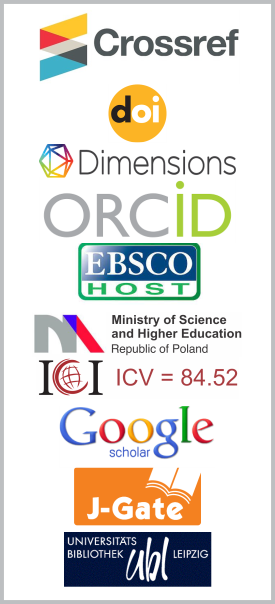Assessing the Awareness of Public Libraries in Providing Sexualrelated Information for Adolescents
DOI:
https://doi.org/10.26713/jims.v9i4.1001Keywords:
sex education, public libraries, adolescents, sexual-related informationAbstract
This paper is an attempt to describe the level of awareness among public libraries on their roles, challenges and the effort of the public libraries in providing sexual-related information for adolescents. Since the sexual-related information remains taboo in the context of this study, the public libraries seem not ready to provide such information to their users. In order to gather rich data, a qualitative type of study is chosen. Three participants purposively selected for interview sessions. The participants are librarians who work with public libraries; in charge of library activities. Further analysis shows that generally public libraries in Malaysia are not well prepared or ready to provide sexual related information due to cultural factor.Downloads
Download data is not yet available.
Downloads
Published
2017-12-30
CITATION
How to Cite
Fauzi, N. F. M., Ismail, S. A., Ahmad, M., & Saman, W. S. W. M. (2017). Assessing the Awareness of Public Libraries in Providing Sexualrelated Information for Adolescents. Journal of Informatics and Mathematical Sciences, 9(4), 1249–1257. https://doi.org/10.26713/jims.v9i4.1001
Issue
Section
Research Article
License
Authors who publish with this journal agree to the following terms:- Authors retain copyright and grant the journal right of first publication with the work simultaneously licensed under a CCAL that allows others to share the work with an acknowledgement of the work's authorship and initial publication in this journal.
- Authors are able to enter into separate, additional contractual arrangements for the non-exclusive distribution of the journal's published version of the work (e.g., post it to an institutional repository or publish it in a book), with an acknowledgement of its initial publication in this journal.
- Authors are permitted and encouraged to post their work online (e.g., in institutional repositories or on their website) prior to and during the submission process, as it can lead to productive exchanges, as well as earlier and greater citation of published work.




